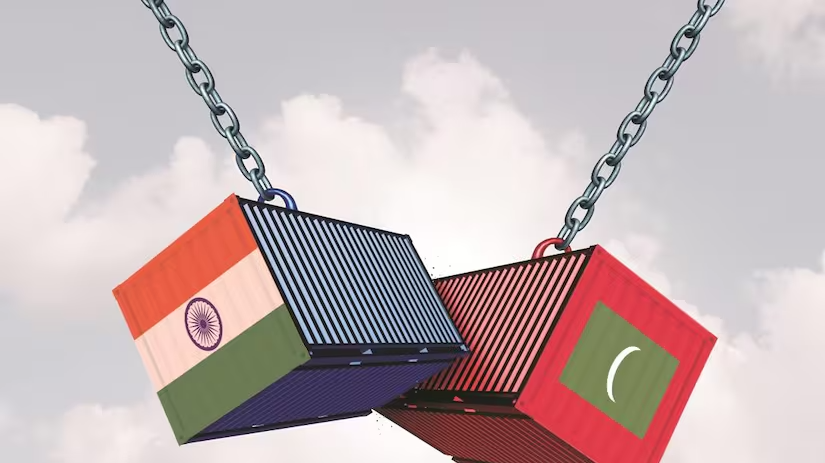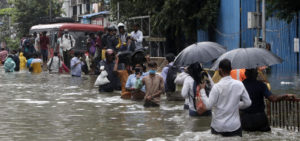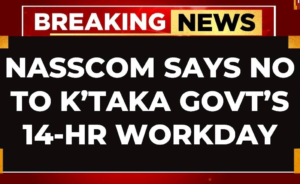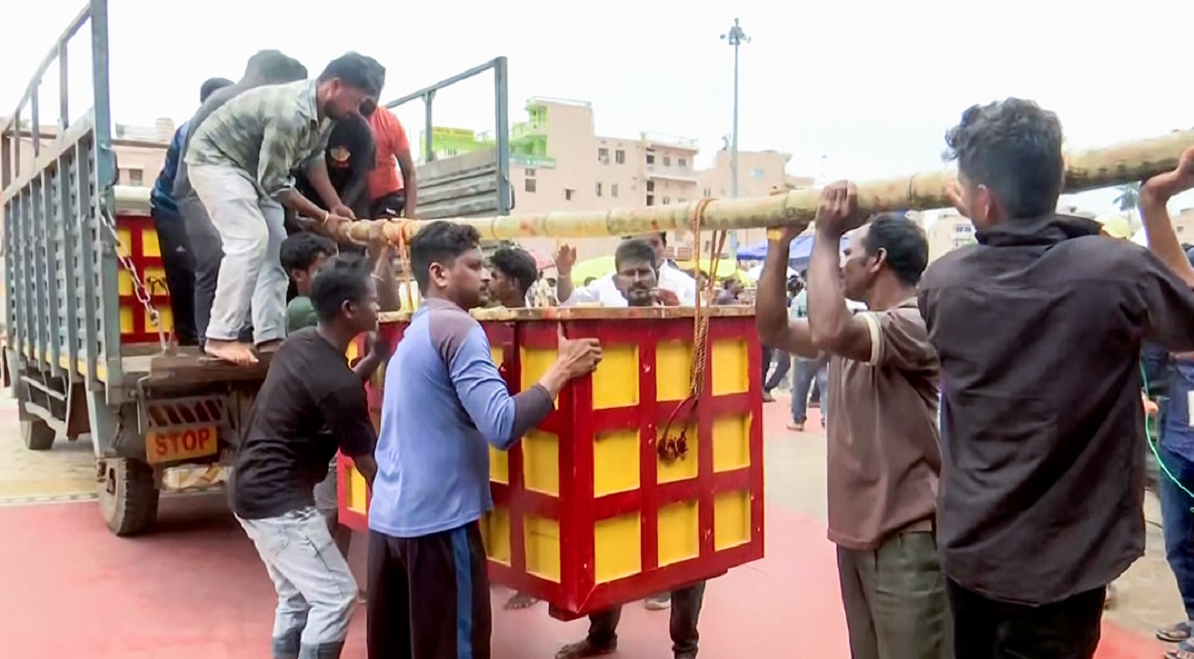In a significant move, India has imposed fresh restrictions on the export of prohibited or restricted essential commodities to the Maldives. This decision comes amidst strained relations between the two nations, following critical remarks made by Maldivian President Muizzu about New Delhi.
Key Points in Restrictions on Maldives:
- Restricted Commodities: The Directorate General of Foreign Trade (DGFT) has issued a notification specifying that export of essential commodities falling under the prohibited or restricted category will now be permitted only through four designated customs stations:
- Mundra Sea Port
- Tuticorin Sea Port
- Nhava Sheva Sea Port (JNPT)
- ICD Tughlakabad
- Increased Quotas: Notably, the approved quantities of these essential commodities are the highest since the bilateral ties between India and the Maldives came into effect in 1981. The move aims to strengthen economic cooperation despite recent tensions.
- Critical Items: Among the commodities affected by these restrictions, the quota for river sand and stone aggregates—critical for the booming construction industry in the Maldives—has been increased by 25 percent, reaching a total of 1,000,000 metric tonnes.
- Previous Developments: On April 5, India had lifted restrictions on the export of specified quantities of nine products, including potatoes, onions, eggs, rice, wheat flour, and sugar, to the Maldives for the current fiscal year. This step was taken under a unique bilateral mechanism at the request of the Maldivian government.
- Neighborhood First Policy: The Indian High Commission in the Maldives reaffirmed India’s commitment to supporting human-centric development in the island nation. Despite challenges, India remains steadfast in its approach, emphasizing the ‘Neighborhood First’ policy.
- Strained Relations: Ties between India and the Maldives have faced strain since President Muizzu assumed office. His criticism of New Delhi during and after the presidential polls added to the complexities of the bilateral relationship.
India’s decision to regulate essential commodity exports underscores the delicate balance between economic cooperation and geopolitical dynamics in the region. As both countries navigate their ties, the impact of these restrictions will be closely monitored by observers and stakeholders.






































